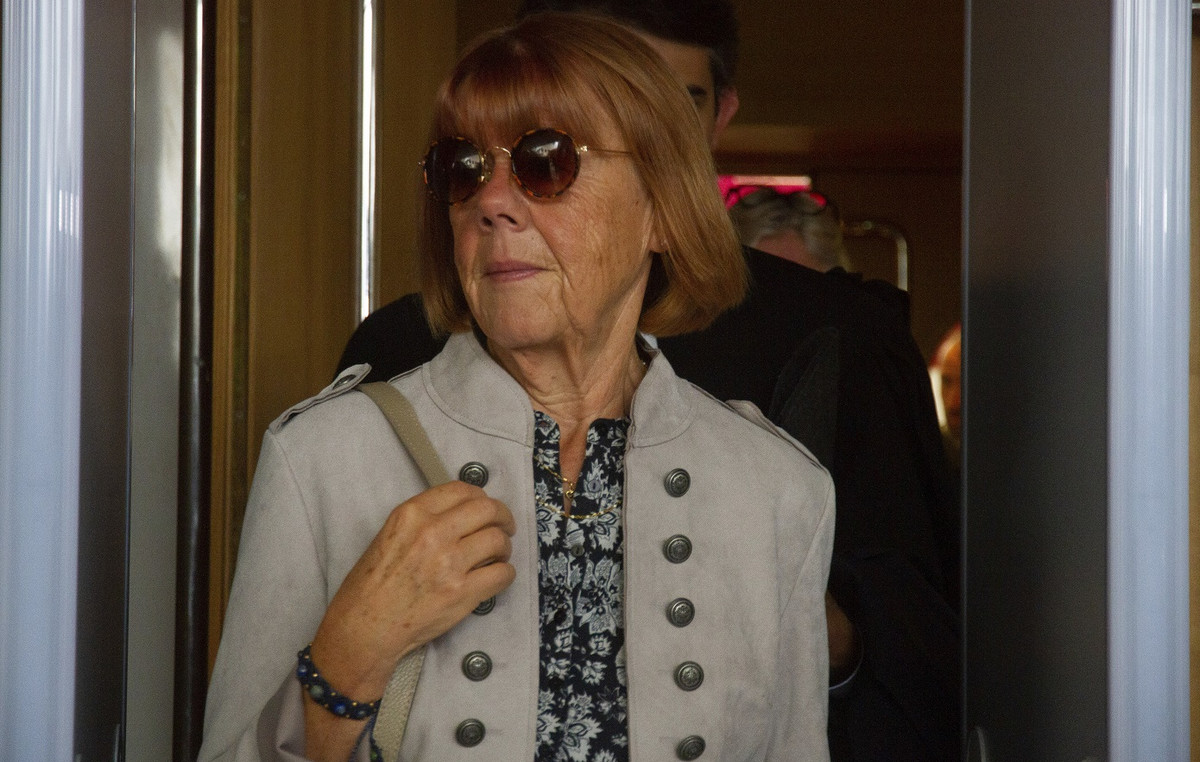The president of the Senate, Rodrigo Pacheco (PSD-MG), stated this Tuesday (9) at COP26, in Glasgow, that Brazil has merit in the fight against climate change. He stressed, however, that the country needs to make a “mea-culpa” and recognize that illegal deforestation “alarms the world” and generates an “image crisis” for the country before the international community.
“The biggest problem is illegal deforestation, which alarms the world and constitutes a consistent and strong narrative in relation to Brazil, which causes us to have an image crisis”, said Pacheco during his participation in the Brazilian stand at COP26.
“This must impose on us the diagnosis and identification of the reality that we want to transform. We all have this commitment: to identify the problem and recognize that we are on the way to finding a solution”, added the senator.
Rodrigo Pacheco participated in the conversation alongside the Environment Minister, Joaquim Leite, the Vice President of the Chamber of Deputies, Marcelo Ramos (PL-AM), and the President of the National Confederation of Industry (CNI), Robson de Andrade .
The senator also stated that preserving the environment is essential for the economy, since “tomorrow Brazil may have difficulty in relating if we do not have the materialization” of intentions to reduce emissions in the face of climate change, he defended.
“There is a clarity that, in addition to environmental responsibility that flows into a state of containing global warming, more than saving the planet, this is today a discourse inserted in national and world capitalism, which deals with these themes”, said Pacheco.
The president of the Senate took part in the table right after minister Joaquim Leite highlighted that “it is time for the great countries to also show a clear movement to bring about a solution.” “The emergency to transform a global economy to green is financial”, said the minister.
The theme is one of the main ones at COP26, which dates back to the intentions established in the Paris Agreement, signed in 2015, to implement a fund of US$ 100 billion for developing countries to increase their energy transition policies and reduce the emission of polluting gases.
For Pacheco, it is also the role of the government to demonstrate to society that such funds, which Joaquim Leite defended were larger, are not a matter of world “philanthropy”, but of “historic compensation” referring to emissions from rich countries in the past.
“It’s not an excuse. We know our responsibilities, we must fight deforestation with control mechanisms, but these investments are fundamental and fair, because they have a logic of historical compensation and not of philanthropic altruism”, he said.
According to Minister Joaquim Leite, until the end of COP26, there will be “four days of much negotiation” to reach agreements that reflect Brazil’s position at this time.
“The private sector has also entered this race for carbon neutrality in 2050 and we, together, have to bring the structure and public policies to make this happen with green jobs, green interest, green incentives”, he declared. “The challenge is to accelerate towards a new green economy.”
Projects in Congress
At the event, the vice president of the Chamber of Deputies, Marcelo Ramos, appealed to the president of the Chamber, Arthur Lira (PP-AL), to put the bill that regulates the carbon market in Brazil to a vote. PL 528/2021 is authored by Ramos.
“We didn’t reach the ideal text, but we arrived at the possible text”, highlighted the deputy.
Rodrigo Pacheco stated that, as soon as it reaches the Senate, the proposal will have the urgency it deserved in the analysis.
Reference: CNN Brasil
I’m James Harper, a highly experienced and accomplished news writer for World Stock Market. I have been writing in the Politics section of the website for over five years, providing readers with up-to-date and insightful information about current events in politics. My work is widely read and respected by many industry professionals as well as laymen.







